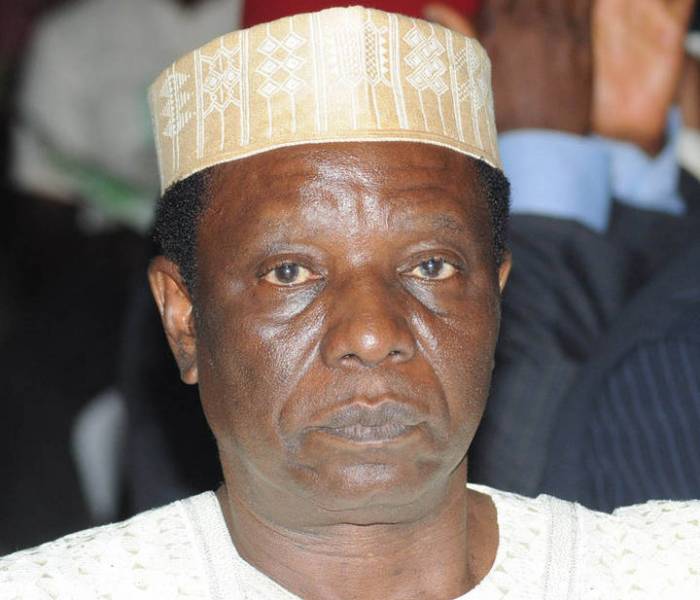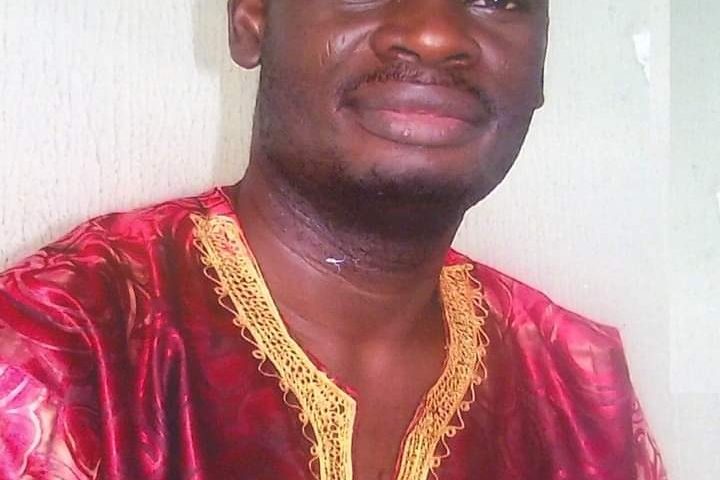The unending comments on the letter by former President Olusegun Obasanjo chastising President Muhammadu Buhari for alleged poor performance makes the subject look like the issue of the moment and the decider of elections but it is not. For media professionals such as this columnist, who know that adversarial journalism is what best fits African leaders, Obasanjo’s letter is essentially a wake-up call on our President to deepen his governance of the nation.
The response to the letter by Lai Mohammed, Information Minister presumably on behalf of his principal showed ample maturity; unlike what happened in May 2012, when the then opposition leader, Buhari warned that his party would not tolerate election manipulation. The attack dogs of the government at that time had responded with venom threatening to deal with any trouble maker big or small. This time around, the response to Obasanjo that his admonitions are noted is praise worthy and a good omen for democracy, free speech and the rule of law. Government must now see itself as well-prompted to get the ball rolling on all sectors for genuine national development.
Meanwhile, those who think Obasanjo wrote because he wants to control Nigeria’s politics got it wrong because there is nothing new in his letter. More importantly, we need to make the point that the things which control our elections are not criticisms; rather we are in a dilemma as to who is actually in charge of the business. Sometimes, it is security personnel who postpone voting without the knowledge of the electoral body while most of the time, it is the law enforcement agencies who erect toll gates at the voting centres to manipulate elections.
Now, the legislature has also joined the controllers. About a month ago, the Independent National Electoral Commission INEC announced dates for the 2019 elections. According to INEC, the Presidential and National Assembly elections which can be called federal elections are to hold on Saturday, February 16, while state elections- Governorship and State Assembly/Federal Capital Territory (FCT) Council elections are fixed for Saturday, March 2, 2019. With this, INEC tended to show it was in charge of the subject. But is that really so and is she an independent body in theory and practice? Some legislators have answered these questions in the negative.
At its session last Tuesday, the House of Representatives approved a fresh election timetable changing INEC’s sequence of elections for 2019. The amendment, if signed into law, will see the order of proceedings commencing with the National Assembly polls, to be followed by that of State Houses of Assembly, and then Governorship, before the Presidential. By this approval of the House, the Presidential polls will, now, be the last rather than the first in the sequence. It is not hard to imagine the motivation of the legislators. If their own elections come first, they would not be influenced by the run of play unlike if others came before theirs.
They know that in Nigeria, once a presidential election is held, the political party of the winning candidate, immediately becomes the favoured one to clear all the votes in the subsequent elections within the order of elections for the period. In other words, the legislators are not only self-serving, they have also implied that the ruling All Progressive Congress APC to which most of them belong, no longer, enjoys the popularity of a winning team. Otherwise, why is the INEC arrangement which favours the ruling party to use incumbency to win a re-election being rejected by them? The probable answer is that APC members are afraid that their candidate would lose and that the bandwagon effect would adversely affect them hence they want to save themselves from the envisaged loss.
Based on the above points, some analysts are not likely to support the legislators’ usual self-serving, posture. At the same time, there are some analysts who may support the posture with a different reasoning. The decision of INEC to begin with the presidential elections is itself suspect, notwithstanding that this is not the first time it is being done. We have always opposed the arrangement. As the most crucial and final segment in the electoral game, the presidential elections ought to come last.
This is because our electoral body has not in all honesty perfected its election process. For example, its card readers as we opined in this column last week are still temperamental choosing when to function and whose fingers to recognise when and where. Also, basic elections logistics are still defective with INEC personnel and their materials still getting late to election venues. Under such a circumstance, it makes sense to start our elections with the smallest so that as the stakes get higher, basic errors in the small contests can be corrected to smoothen the bigger ones.
But whether INEC’s decision on the date of an election is suitable to some people or not, all interest groups must allow the Commission to be the decider of an event it supervises as the Constitution provides. According to Section 76 of our 1999 Constitution, “elections to each House of the National Assembly shall be held on a date to be appointed by the Independent National Electoral Commission.”
As if to reaffirm that position, the same provision is reproduced in Section 116 for elections into State Houses of Assembly as well as Section 132 for Presidential elections and Section 178 for Governorship elections. Based on this, the power to determine the date an election should hold belongs unequivocally to INEC. The purported approval of the House of Representatives last Tuesday which controverts dates already made by INEC is in our considered opinion a breach of the Constitution.
We are not unaware that the legislature is empowered to make laws for the good governance of the nation and that it can claim that its present posture is to avoid electoral confusion and violence. Its members may hold on to semantics and argue that what they are changing is sequence and not dates of election. With no lacuna in the subject to be filled by law makers, they cannot supersede INEC by introducing whatever cancels a date appointed by the Commission. They must clearly be told that they cannot vote to change the intendment of the Constitution without following the process of amendment and that even if they have secretly amended the relevant provisions it is irregular for them as players in the game of elections, to seek to dictate to the referee.
Source: today.ng





